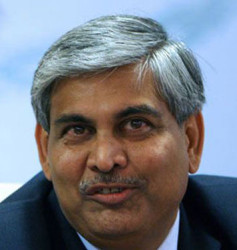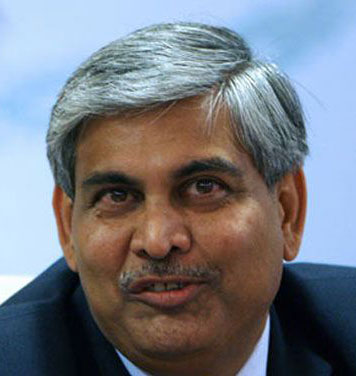NEW DELHI, (Reuters) – Western Indian cities of Pune and Rajkot will be home to two new franchises in the Indian Premier League (IPL) for the next two years, the country’s cricket board (BCCI) announced yesterday.
The new teams, for which there were a total of five bidders, fill the void left by the two-year suspensions on the Chennai and Rajasthan franchises following an illegal betting scandal that broke out in 2013.
New Rising, a consortium led by Sanjiv Goenka, chairman of the RP-Sanjiv Goenka Group, bagged the Pune team while mobile manufacturers Intex made a successful bid for Rajkot in a reverse bidding process.

Under reverse bidding, investors were asked to bid lower than the base price of 400 million rupees (about $6 million), the maximum amount the BCCI offered to pay from the IPL central revenue pool to the new owner.
Having bid in the negative, New Rising will pay 160 million rupees while Intex will shell out 100 million rupees for their respective teams, BCCI president Shashank Manohar told reporters.
The new bids would make the BCCI, already world’s richest cricket board, richer by nearly 1.8 billion rupees, he added.
Both new teams will take part in a player draft next Tuesday and there will be a players’ auction on Feb. 6, Manohar added.
The Twenty20 league, with a $3.5 billion estimated brand value and boasting of Bollywood stars and major conglomerates as investors, has been dogged by corruption allegations for years.
In July a panel set up by India’s top court recommended suspending the franchise owners of the two teams for two years following an illegal betting and spot-fixing scandal.
Manohar said the board was doing its best to tackle corruption in the league which will have its next edition from April 9 to May 29.
“People can have perceptions, it’s our duty to change that perception,” said Manohar, who also heads the International Cricket Council (ICC).
“I met the Maharashtra chief minister about 10 days back and requested him for a dedicated unit which would give its inputs to the board and the anti-corruption unit… and the chief minister readily agreed.
“We don’t have police powers. Police can intercept telephone conversation between people, police can interrogate anybody which we can’t. With the police power and government help, we will be able to deliver a clean game.”

